How many times has it happened that you think of an old show you used to love watching and wonder what the actors are doing after so many years? I guess many of you that have seen “Little House on the Prairie” and were eager to see each new adventure of the family living on the farm in Plum Creek near Walnut Grove, Minnesota, would love to know what the actors are up to these days.
Those fans who were fond of the actress playing Mary Ingalls, beautiful Melissa Sue Anderson, were convinced she would continue being part of their life through the small screens, but she had other plans.
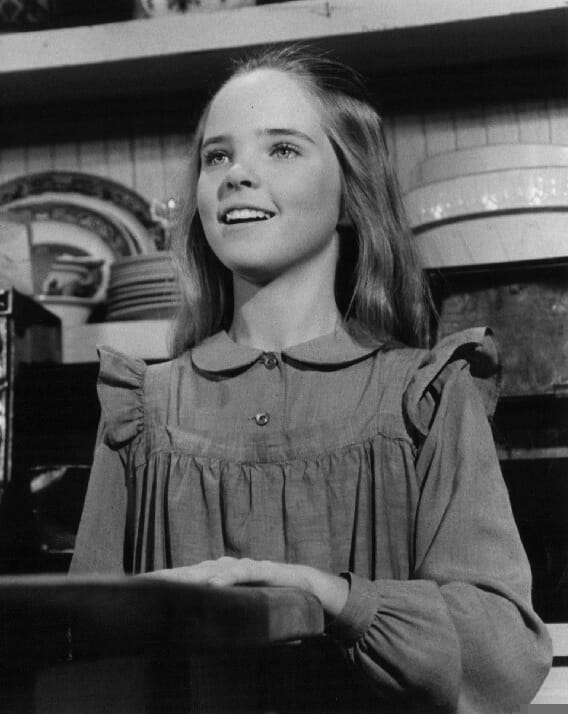
Today, she speaks of her decision to leave Hollywood behind and move to Canada.
This actress started her acting career playing guest roles, and had her way into the showbiz when she became one of the central figures of “Little House on the Prairie.” Her acting brought her several nominations for Best Lead Actress in a Drama Series, and her fans knew she deserved it.
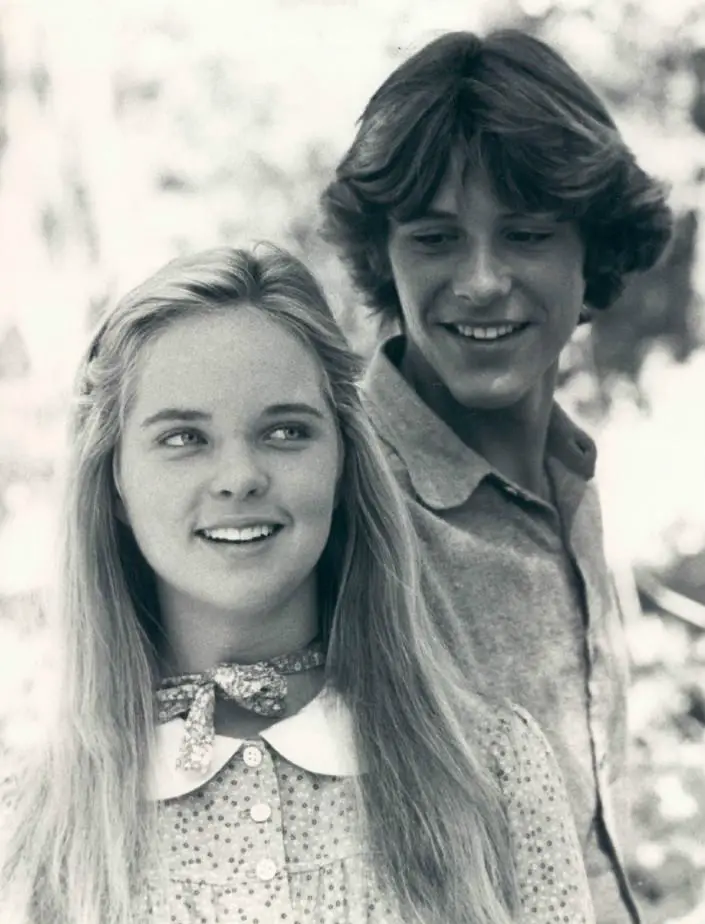
Speaking of her experience filming this drama that made her famous, back in 2010, Anderson told Pop Entertainment, “I’m lucky that there even was a character to play, because in the book, there isn’t much of one. Laura [Ingalls, author of the Little House novels upon which the series was based and the story was centered] was a quite older woman when she wrote the books. She was remembering the best of her life. The characters of Ma and Mary didn’t factor in a lot. There was a lot of Laura and Pa and Laura and Jack the dog and Laura and Mr. Edwards, but there wasn’t a lot of Mary. I’m fortunate that they discovered that I could act.”
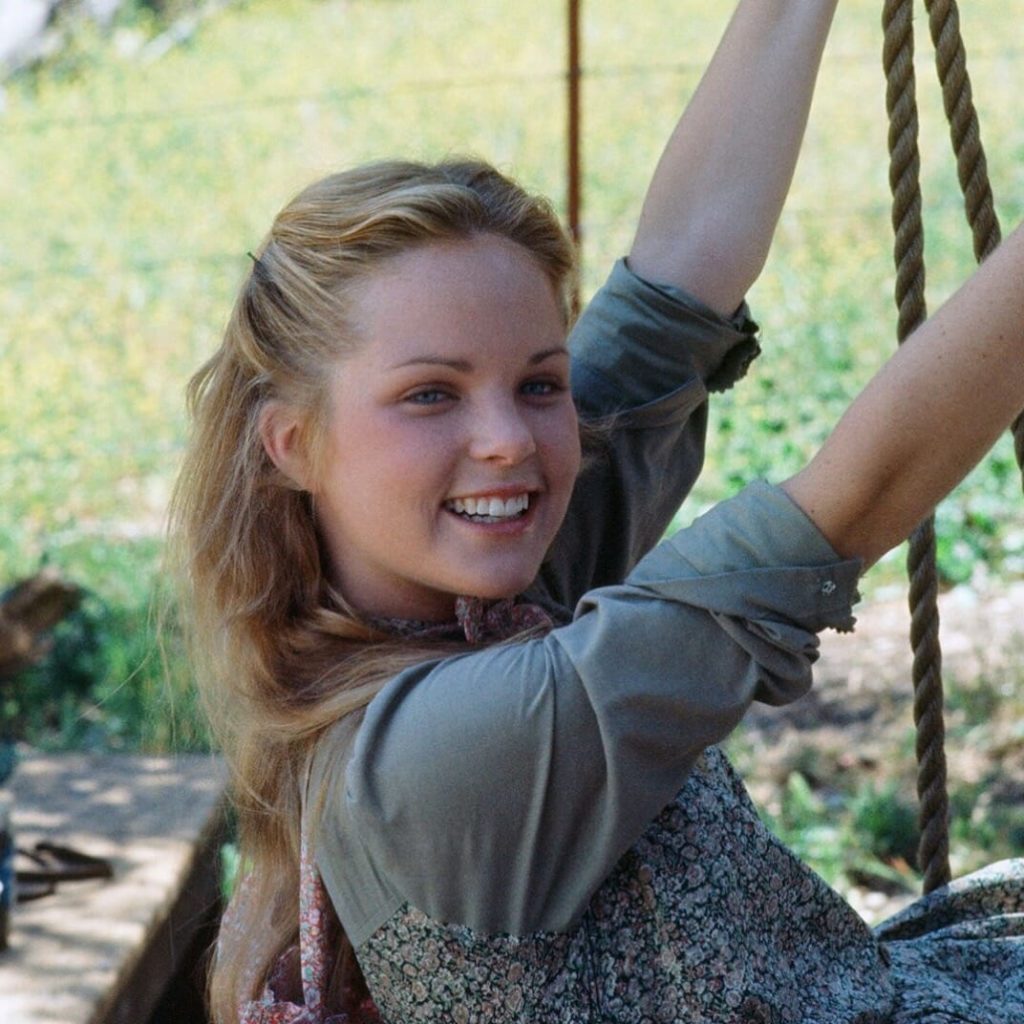
She tried herself in other minor roles after Mary Ingalls, but then in 1990 she got married to television producer Michael Sloan and moved to Montreal in 2002 with her husband and their two children, daughter Piper and son Griffin.
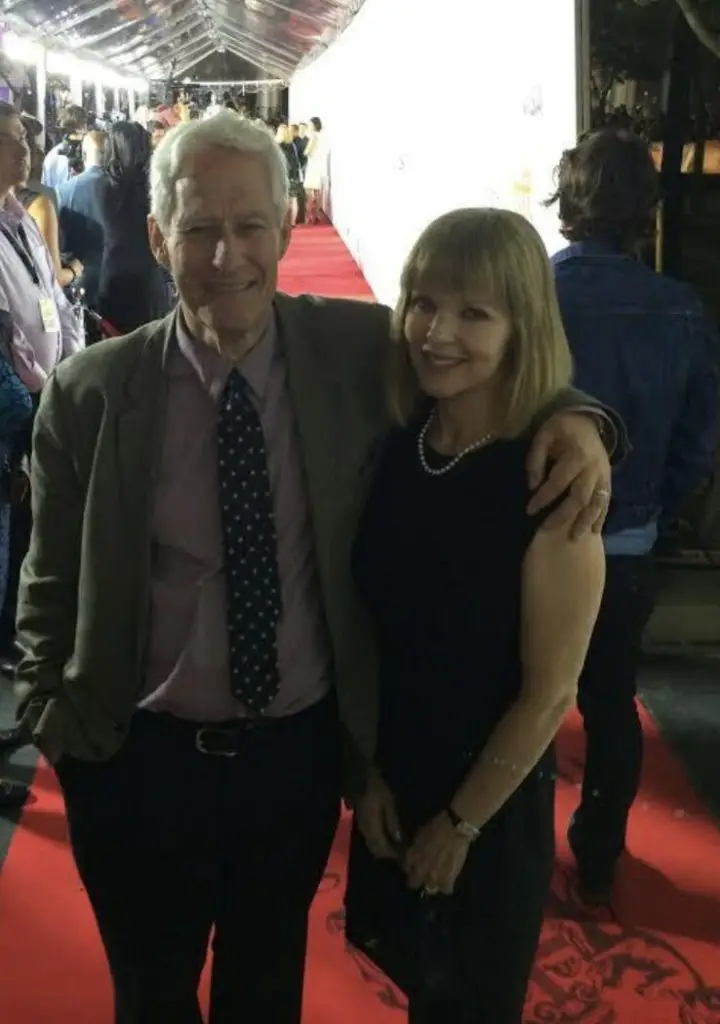
In 2007, the family became Canadian citizens and with the new life came new commitments, so Anderson decided to let go of the showbiz because she wanted to spend more time with her kids and didn’t want them to feel pressured to pursue acting careers themselves.
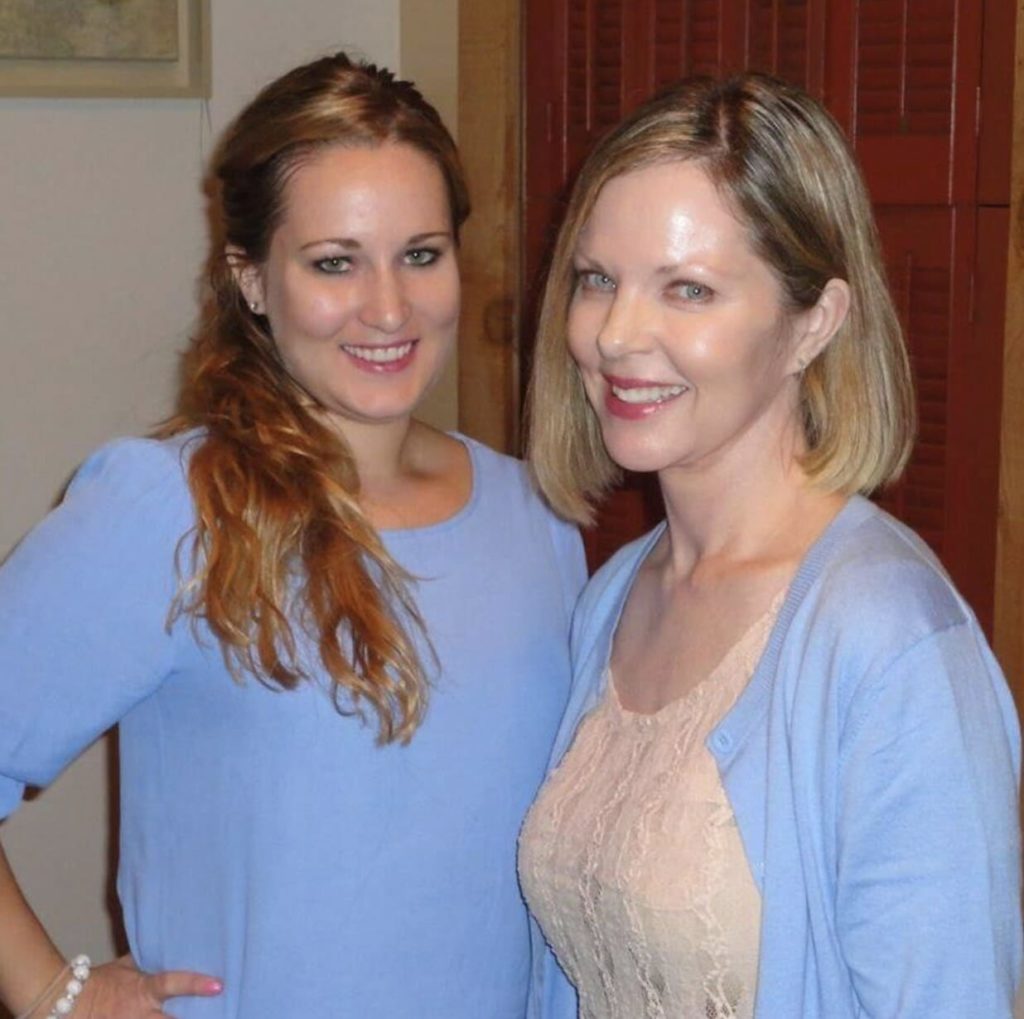
In an interview with E-Talk, Anderson said, “I really stepped away for a long time. That was really for the kids so they would have their own sense of who they were as opposed to being with me.”
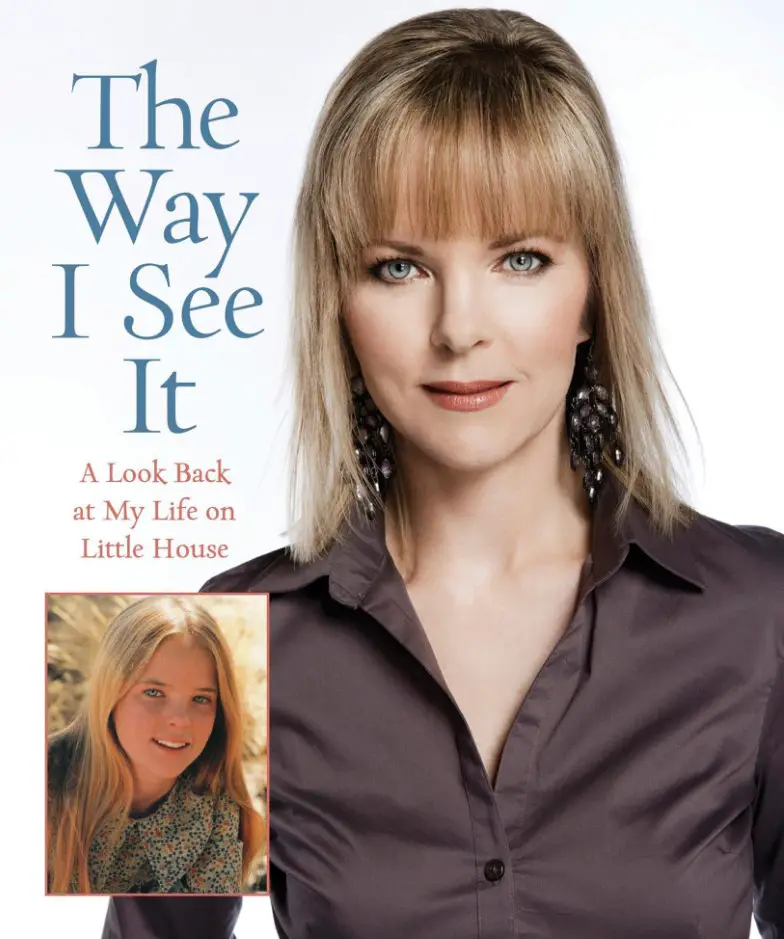
However, Anderson didn’t step back from acting completely, but took small roles over the recent years. Her life-changing experience of being part in a series like “Little House on the Prairie” encouraged her to write a memoir titled The Way I See It: A Look Back at My Life on Little House.
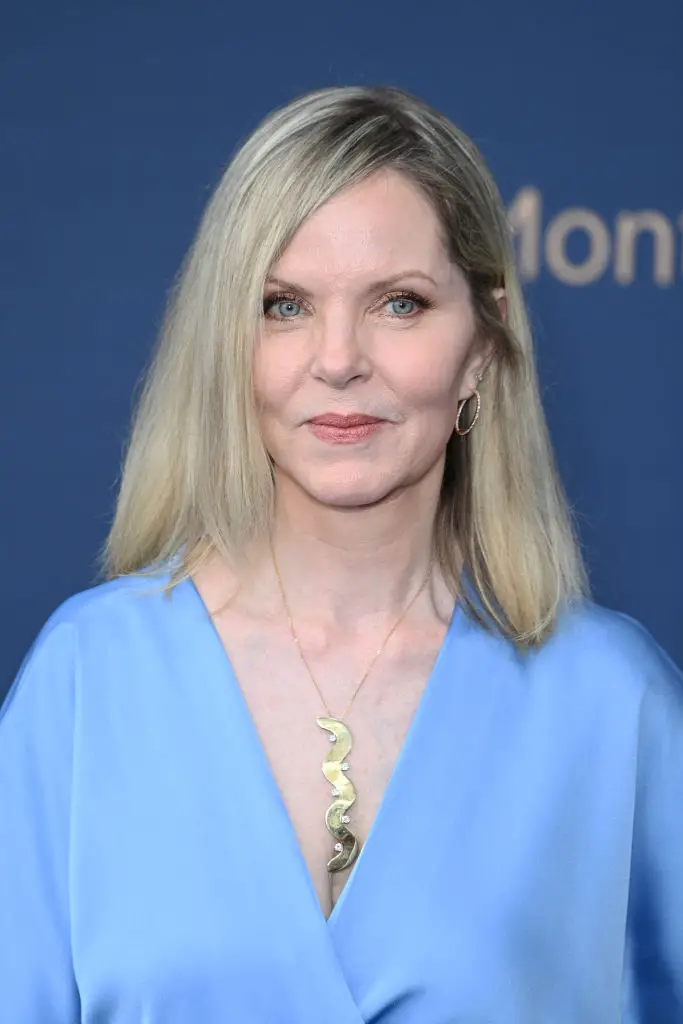
After Trashman Babysat My Kids for 25 Minutes, I Decided to Hire Him as Full-Time Nanny — Story of the Day
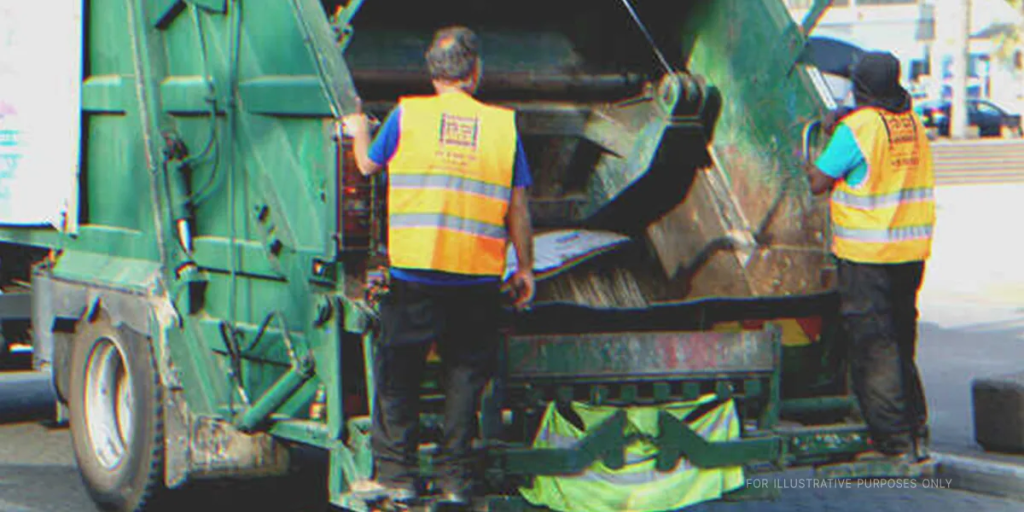
A doctor was called for an emergency at the hospital and didn’t have anyone to leave her three kids with, but suddenly, she saw the garbageman and got an idea. She couldn’t believe her eyes when she returned home.
“Now? Are you sure Dr. Morris is not available?” I asked Nurse Carey on the phone, although I was already changing my clothes and thinking hard.
“No, Dr. Sanders. Dr. Morris is currently driving across state lines trying to get here. You live close by, so I thought I would call. The interns have no idea what they’re doing. I know it’s your day off, but I didn’t know what else to do. Will you be able to come?” Nurse Carey said, trying not to sound worried, but I knew they needed me.

For illustration purposes only | Source: Pexels
“I’ll be there as soon as I can. I just need to find a babysitter,” I replied and hung up, immediately dialing Vicky, who was the only person who could somewhat handle my three crazy kids.
I’ve been a surgeon for a long time, but I used to have my husband, Peter. My rock. He became a stay-at-home dad when the realities of having three children became too much. But he passed away from a sudden heart attack while I was in the middle of another surgery.
My entire house… wait, was this my house? It couldn’t be.
Now, I had to constantly find babysitters for the children when unexpected emergencies happened. I couldn’t handle them. I had no patience, and it was silly to think that any babysitter would be able to handle them either. Two babysitters quit after one day of work, and word got around that my kids Johnny, 9, Christie, 7, and Lucy, 3, were menaces.
I mean… they were not wrong. But they didn’t have to put me in this position. Now, only Vicky ever said yes. Usually, I paid through the roof for the local daycare center when I was scheduled regularly at work, but I couldn’t rush them in today. It was already noon on a Friday, and I would feel bad sending them.

For illustration purposes only | Source: Pexels
“I’m sorry, Opal. I can’t babysit today. I’m sick and can barely move,” Vicky said when I called. I told her to get some rest and hung up the phone. I hated the staff at the hospital daycare, and they hated me in return. But I was out of ideas. I would have to wrangle with my children and go there.
But suddenly, I heard all the kids yelling, “Uncle Bob! Uncle Bob!”
I sighed. They didn’t have an uncle. The local garbageman was so friendly and sweet that they started calling him uncle as soon as they could speak. I had known him for over ten years, and my kids adored him.
Johnny opened the front door, and all my babies went outside to greet him. I might have to call the hospital, I thought. I was never going to get those kids back into the house to be dressed on time.
But I did smile at the sight of them playing with Bob. My kids had turned into devils when their father died. The therapist said it was normal and would pass, but I wasn’t so sure. I felt like a failure. Like my mothering instincts were faulty or something. I didn’t know what to do.
But as I watched the kids hug and ask Uncle Bob to play, I had an idea. “That’s it,” I told myself and ran to Bob.
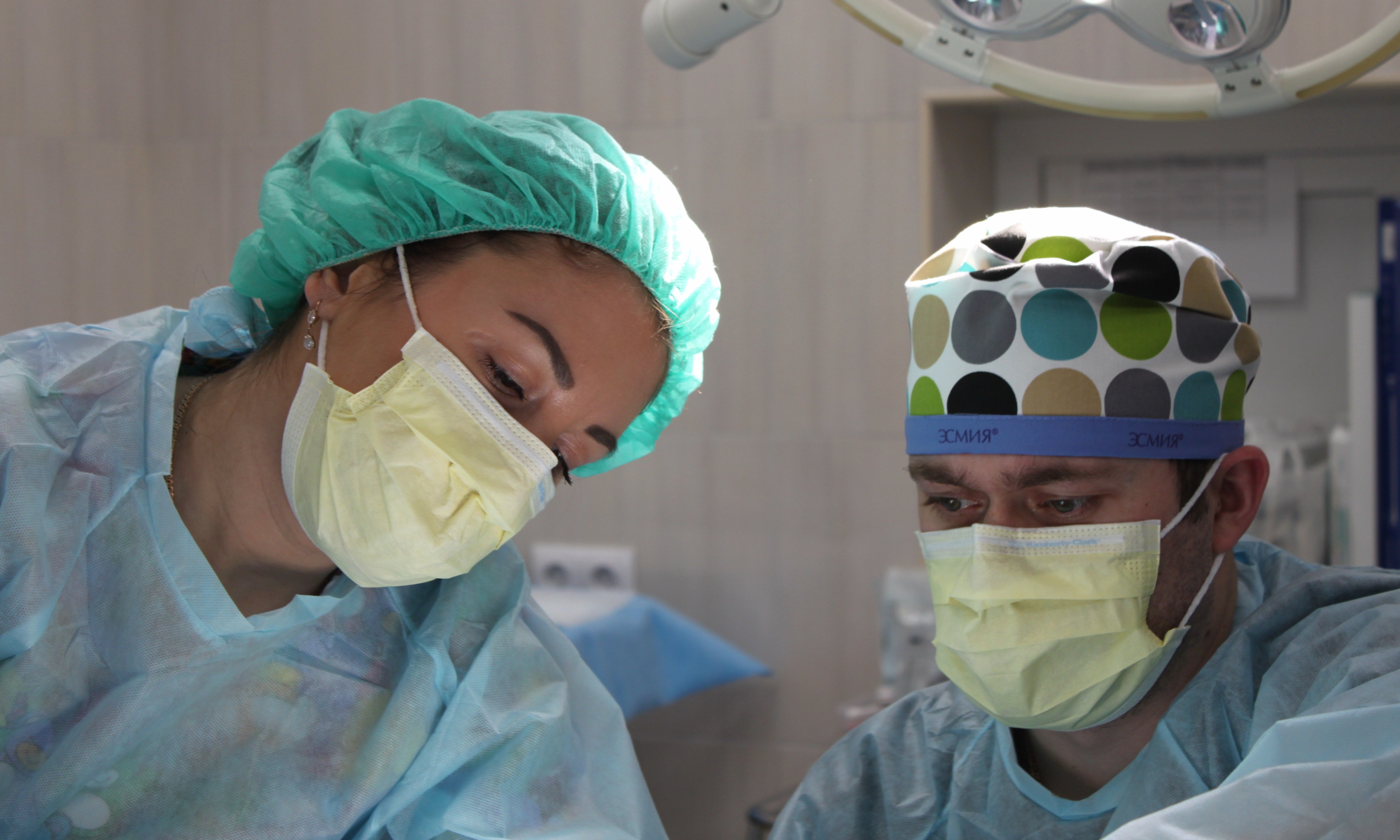
For illustration purposes only | Source: Pexels
“Bob, I have a crazy request. I know you’re busy. But I was wondering if you would babysit my kids for 25 minutes. I have to check something urgent at the hospital, and I have no one else,” I begged, and my kids looked at me with wide eyes filled with happiness.
“Sure, Dr. Sanders. I can watch them for a while,” he replied, nodding and smiling. My children jumped and cheered.
“They’re more than a handful, though. I’m warning you,” I said sheepishly.
“Don’t worry. You go ahead. Your job is important,” he told me, and I ran off, hoping my house would not be entirely destroyed by the time I returned.
The situation took more than 25 minutes, as Dr. Morris got stuck in traffic, and the patient became even more urgent. I was rushed into an operating room, and I couldn’t get away until three hours later. I felt so bad for Bob, who obviously had his own work to finish.
I drove home as quickly as I could. “Bob! Bob! I’m sorry!” I yelled breathlessly as I opened my door, but I froze.
My entire house… wait, was this my house? It couldn’t be. My house was always littered with toys, crayons, paper, and sometimes smears of peanut butter. I know. Gross. Don’t judge me.

For illustration purposes only | Source: Pexels
“Dr. Sanders, how was your surgery? Everything alright?” Bob asked as he appeared from the hallway.
“What happened here? My house… is unrecognizable. And why aren’t the kids screaming and running around?” I asked, so confused and shocked.
“Lucy is napping, and Christie and Johnny are in their rooms, reading,” he told me, and I swear, my jaw hit the floor.
“What? Are you kidding me?”
“No, go see.”
I had to go, and my eyes couldn’t believe it either. But Bob had told me the truth. “How did you do this?”
“Oh, Dr. Sanders. I was a single father raising kids once. Mine were ten times worse than these three angels,” Bob laughed. “I taught them to pick up after themselves and narrated them fairy tales. Your kids ate that up. You might want to buy them more books.”
I nodded, starstruck. No one in my life had ever called my kids “angels,” and they had never been interested in the few books I got. “I can’t believe it,” I whispered.
“It was easy. But now I have to go,” Bob said, picking up his work jacket from the back of a chair.
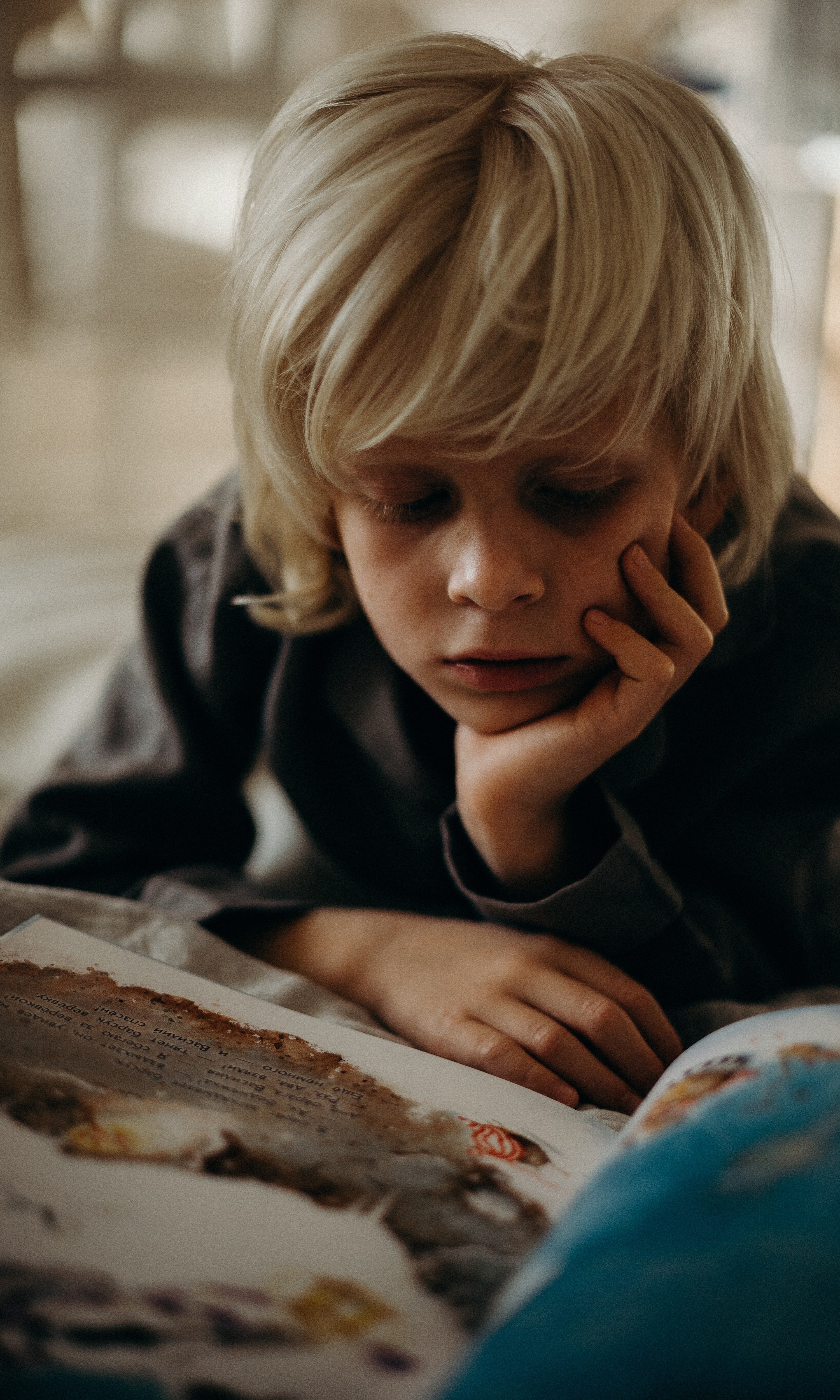
For illustration purposes only | Source: Pe
“Oh, yes. I’m so sorry about being late. I’m so embarrassed,” I said, touching my forehead. “I’ll pay you triple for that.”
“No. No. I don’t need money,” Bob shook his head, raising his hands.
“Please. For your time,” I insisted with my stern look. People at the hospital were afraid of that look, so I knew Bob would not be able to reject the money.
“Ok, I’ll treat the kids to something nice,” he laughed. “Goodbye, Dr. Sanders. Have a nice day!”
“Thank you!” I yelled out, exhausted.
***
My kids behaved for the rest of the day, and I almost cried. It was the best day ever.
So, I called Bob and offered him a full-time nanny job, tripling his current salary and adding more health benefits since I had connections at the hospital. He accepted in the end, and I was so thankful that I gave him a Christmas bonus and plane tickets to his family could visit Disneyland in California later that year.
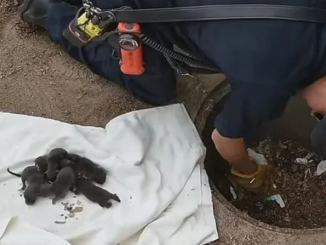
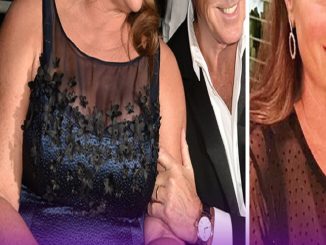

Leave a Reply